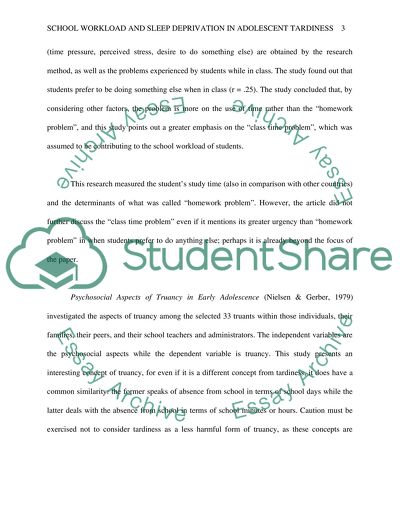Cite this document
(“School Workload and Sleep Deprivation in Adolescent Tardiness Research Paper”, n.d.)
Retrieved from https://studentshare.org/family-consumer-science/1411049-school-workload-and-sleep-deprivation-in
Retrieved from https://studentshare.org/family-consumer-science/1411049-school-workload-and-sleep-deprivation-in
(School Workload and Sleep Deprivation in Adolescent Tardiness Research Paper)
https://studentshare.org/family-consumer-science/1411049-school-workload-and-sleep-deprivation-in.
https://studentshare.org/family-consumer-science/1411049-school-workload-and-sleep-deprivation-in.
“School Workload and Sleep Deprivation in Adolescent Tardiness Research Paper”, n.d. https://studentshare.org/family-consumer-science/1411049-school-workload-and-sleep-deprivation-in.


